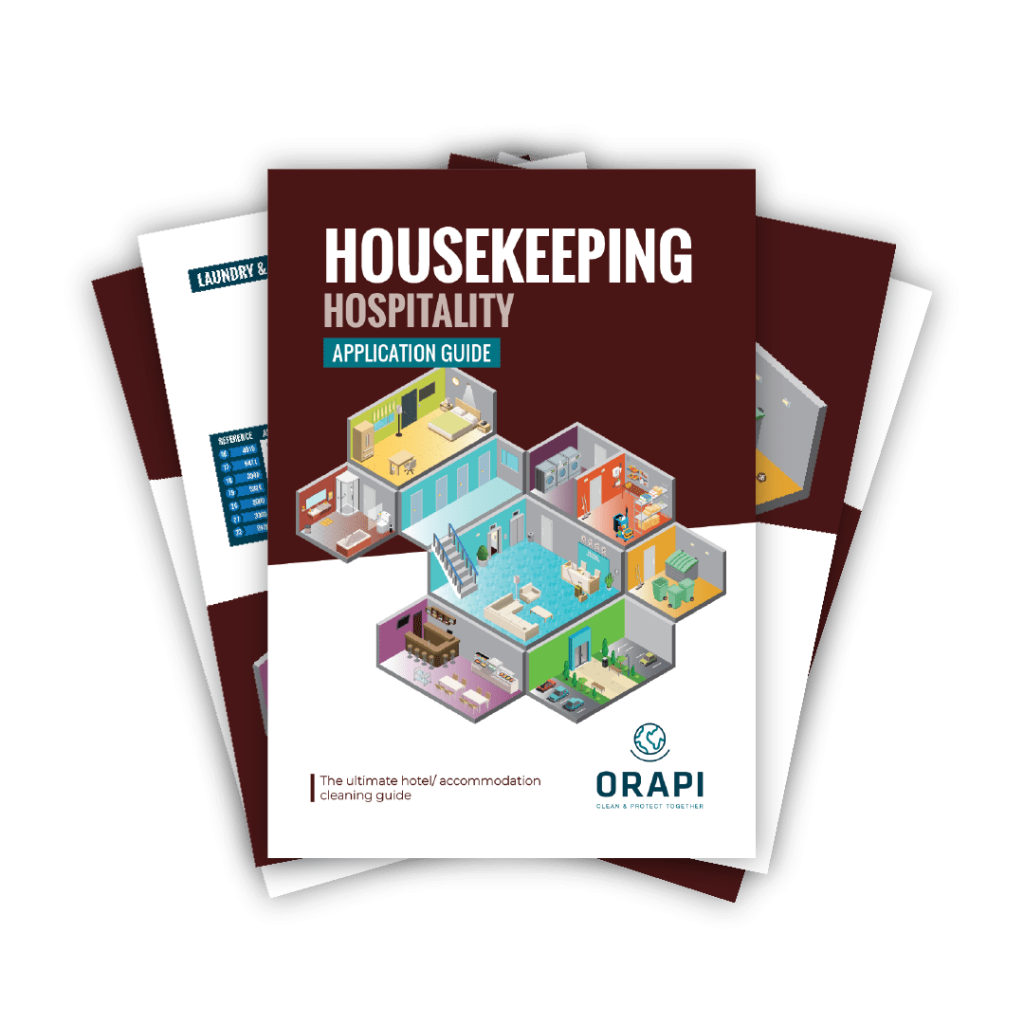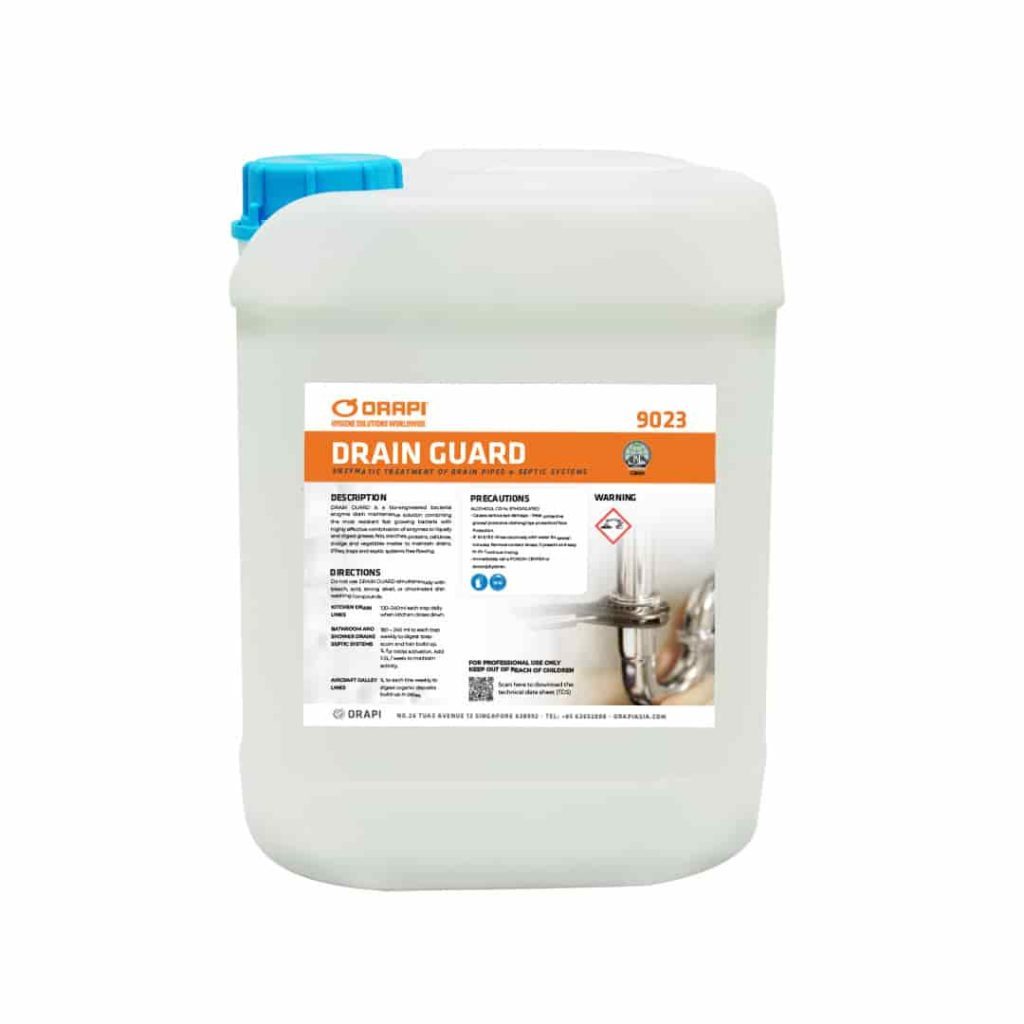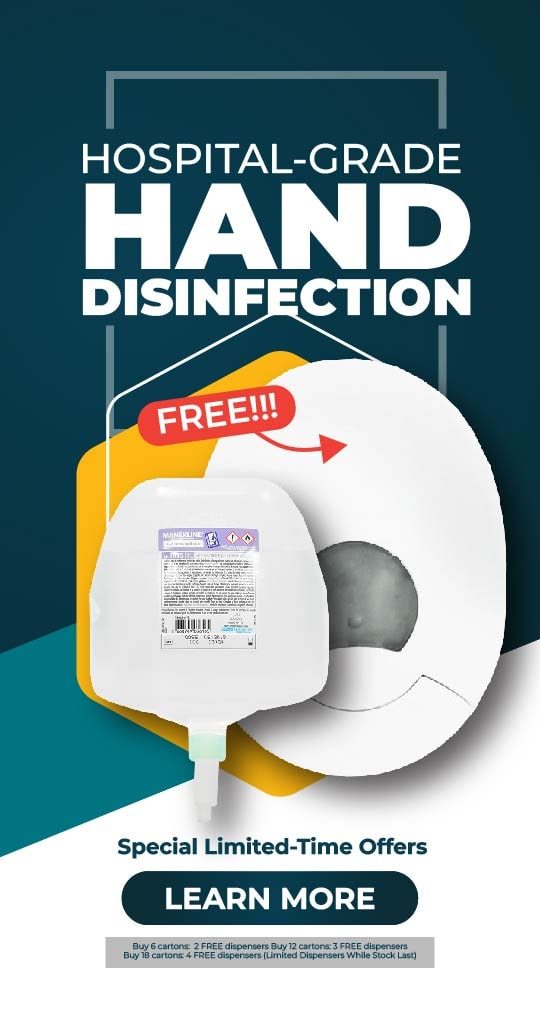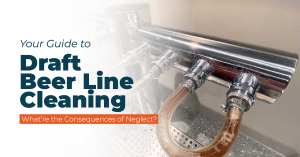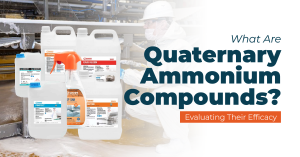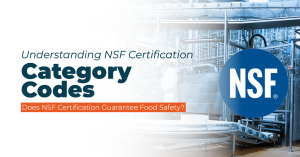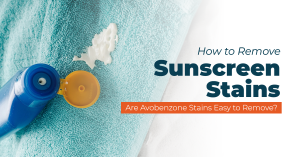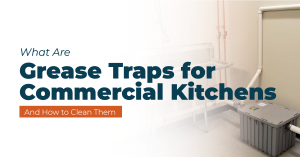
Maintaining impeccable cleanliness is a cornerstone of the hospitality industry. Hotel guests expect a spotless environment, and striking the right balance between daily and deep cleaning in hospitality and hotels ensures both guest satisfaction and the long-term upkeep of the property. To maximise hotel cleaning procedures and protocols, it’s essential to implement thorough hotel daily cleaning routines alongside periodic deep cleaning to address hard-to-reach areas and ensure the highest hygiene standards. Adhering to strict cleaning protocols and continuously training staff on the latest sanitisation techniques guarantees a safe, comfortable, and welcoming environment for all guests.
Difference Between Daily And Deep Cleaning

Defining Daily Cleaning: Routine Tasks for Guest Comfort
Daily cleaning in hospitality and hotels focuses on maintaining a clean and welcoming environment for guests during their stay. These tasks are designed to address visible dirt and clutter and include making beds, emptying trash bins, wiping surfaces, restocking toiletries, and cleaning bathrooms. The primary objective is to ensure that the room looks presentable and feels comfortable to the guest upon entering and to avoid the accumulation of dirt overtime.
Attention to detail is key in daily cleaning. For example, fluffing pillows, aligning towels neatly, vacuuming rooms, taking out trash, wiping surfaces. Daily cleaning also involves inspecting the hotel room for any maintenance issues, such as flickering lights or leaky faucets, which can then be promptly reported. By addressing these aspects, daily cleaning not only upholds hygiene standards but also fosters a positive guest experience without intruding on their privacy or comfort.
Additionally, daily cleaning revolves around the delicate balance of speed and efficiency, all while preserving the highest standards of cleanliness and hygiene. It demands a meticulously structured, consistent approach across all housekeeping staff to maintain harmony and precision. A thoughtfully organised cleaning schedule allows tasks to be completed swiftly yet thoroughly, ensuring that every corner gleams with immaculate care, all without ever compromising on time or the guest’s comfort and tranquillity.
What is Deep Cleaning in Hospitality? Addressing Long-Term Hygiene
Deep cleaning in hospitality and hotels goes beyond surface-level tidying to tackle hidden dirt, stains, and grime that accumulate over time. This process ensures a thorough refresh of the room, addressing areas that daily cleaning might overlook. Deep cleaning tasks include cleaning carpets, curtains, and upholstery, scrubbing grout in tiled areas, sanitising hard-to-reach spots such as behind furniture and under beds, and addressing wear and tear on furniture.
In addition to aesthetic benefits, deep cleaning contributes significantly to maintaining hygiene. For instance, sanitising air conditioning vents and filters improves air quality, while descaling bathroom fixtures prevents the buildup of mold and limescale. It also involves disinfecting high-touch surfaces such as light switches, remote controls, and doorknobs to eliminate potential pathogens. Deep cleaning in hospitality is essential for maintaining the aesthetic and functional integrity of the hotel’s interiors, ensuring that rooms remain inviting and free from allergens or unpleasant odours over time.
Difference Between Daily And Deep Cleaning

Creating and adhering to an effective cleaning schedule is vital for maintaining high standards of cleanliness and hygiene in hospitality settings. A well-thought-out schedule not only ensures that all areas are cleaned thoroughly but also minimises disruption to regular operations and guest experiences. Here’s how to approach this:
Timing and Frequency
Determine the best times for deep cleaning in hospitality and hotels by considering the property’s occupancy levels and operational hours. Off-peak seasons or times when the property experiences lower guest traffic, such as weekday afternoons or overnight hours, are ideal for intensive cleaning tasks. This minimises inconvenience to guests and allows cleaning staff to work efficiently without interruptions.
Prioritising High-Traffic Areas
Spaces with high foot traffic, such as lobbies, elevators, and dining areas, naturally accumulate more dirt and grime. These areas may require weekly or bi-weekly deep cleaning, depending on the volume of use. Contrast this with less frequently accessed areas, like storage rooms or back offices, which might only need deep cleaning on a monthly or quarterly basis.
Incorporating Seasonal Cleaning
Certain areas, such as carpets, upholstery, or HVAC systems, benefit from seasonal cleaning to maintain their condition and extend their lifespan. For instance, before or after peak tourist seasons, schedule a comprehensive cleaning of guest rooms and public spaces to prepare the property for upcoming guests or to address wear and tear after busy periods.
Flexibility and Monitoring
A cleaning schedule should be flexible enough to accommodate unforeseen situations, such as spills, maintenance issues, or unexpected high guest turnover. Regular audits and feedback from housekeeping staff can help identify areas that may need additional attention or adjustments in the schedule.
Documentation and Training
Clearly outline the schedule in a documented format accessible to all cleaning staff. Provide training to ensure everyone understands their roles and responsibilities, as well as the importance of following the schedule to maintain consistency and quality.
Tools and Techniques for Effective Daily Cleaning

Daily cleaning is the foundation of maintaining a clean and inviting environment in any establishment. It involves routine tasks that keep spaces presentable, sanitary, and ready for use. The following tools and techniques ensure efficiency and consistency in daily cleaning:
Essential Cleaning Tools
High-quality microfiber cloths, dusters, and mops are indispensable for daily tasks. Microfiber materials are highly effective at trapping dust and dirt, reducing the need for excessive cleaning agents. HEPA-filter vacuums are ideal for capturing fine dust particles, allergens, and debris, ensuring cleaner air quality.
Eco-Friendly Cleaning Solutions
Using biodegradable and non-toxic cleaning agents ensures a safer environment for guests and staff while supporting sustainability efforts. Eco-friendly solutions reduce chemical exposure and help meet environmental compliance standards.
Standardised Training
Proper training equips housekeeping staff with the skills to clean efficiently and safely. Emphasis on correct tool usage, surface-specific cleaning methods, and time management can enhance productivity and reduce wastage.
Streamlined Processes
Daily cleaning processes should follow a clear, structured checklist tailored to the property’s unique needs. For instance, tasks like dusting surfaces, vacuuming floors, disinfecting high-touch areas, and refreshing linens can be divided into standardised routines to maintain consistency across rooms and spaces.
Continuous Monitoring
Supervisors should regularly inspect cleaning outcomes to ensure adherence to standards. Feedback loops help identify areas for improvement and reinforce best practices among staff.
Specialised Equipment and Chemicals for Deep Cleaning
Deep cleaning addresses areas that accumulate dirt and grime over time, going beyond the scope of daily cleaning to restore and maintain a space’s overall cleanliness and hygiene. This process requires advanced tools and specialised products to achieve optimal results.
Advanced Cleaning Equipment
Steam Cleaners
These are ideal for sanitising hard surfaces, tiles, and grout without harsh chemicals. High-temperature steam effectively kills bacteria and removes stubborn stains.
Carpet Extractors
Essential for deep cleaning carpets and upholstery, these machines inject cleaning solutions deep into fibers and extract dirt and moisture, leaving surfaces refreshed and hygienic.
Industrial Vacuums
Equipped with powerful suction and filtration systems, these vacuums are designed to handle larger debris and provide a thorough clean for extensive areas.
Specialised Cleaning Agents
The use of targeted chemicals ensures effective results for specific tasks:
- Enzyme-based Cleaners: Perfect for breaking down organic stains like food spills and grease.
- Descalers: Used for removing mineral buildup in areas like bathrooms and kitchens.
- Biodegradable Products: Align with sustainability initiatives while offering high performance, reducing the environmental impact without compromising effectiveness.
ORAPI RECOMMENDS:
DRAIN GUARD is a bio-engineered drain maintenance solution with fast-growing bacteria and powerful enzymes that liquefy and digest grease, fats, starches, proteins, and sludge, keeping drains, pipes, and septic systems free-flowing. It is biodegradable, eco-friendly, and free of pathogenic organisms.
Customisation Based on Needs
Deep cleaning in hospitality addresses areas that accumulate dirt and grime over time, advanced tools and specialised products to achieve optimal results.
Safety and Training
Advanced equipment and chemicals require thorough training to ensure safe and effective usage. Staff should be trained in operating machinery, understanding Material Safety Data Sheets (MSDS), and using protective gear as needed.
How to Perform Daily Cleaning in Hospitality

Daily cleaning involves routine tasks that ensure spaces remain tidy, hygienic, and ready for use. The goal is to address visible dirt, maintain a pleasant environment, and prevent the buildup of grime or germs. Here’s how to perform effective daily cleaning:
1. Preparation
- Gather Supplies: Assemble all necessary cleaning tools, including microfiber cloths, mops, vacuums, and eco-friendly cleaning solutions. Use a cleaning caddy or cart to carry supplies efficiently.
- Personal Protective Equipment (PPE): Wear gloves, masks, or any other required PPE to ensure safety while handling cleaning agents.
- Inspect the Area: Take note of high-traffic spots, spills, or specific areas needing immediate attention.
2. Step-by-Step Cleaning Process
- Declutter: Remove visible debris, such as trash, misplaced items, or leftover food.
- Dusting: Use microfiber cloths to dust surfaces, starting from higher areas like shelves and working downwards to avoid spreading dust onto cleaned surfaces.
- Wipe and Sanitise: Clean high-touch surfaces (e.g., door handles, switches, countertops) with disinfectant wipes or sprays to eliminate germs.
- Floors: Sweep and mop hard floors with a suitable cleaning solution. Use a vacuum with a HEPA filter for carpets and rugs.
- Bathroom Cleaning: Scrub sinks, clean mirrors, and disinfect toilets. Replenish supplies like soap, toilet paper, and hand towels.
- Final Touches: Arrange furniture, straighten linens, and ensure the room looks tidy and welcoming.
3. Checklist and Inspection
- Use a checklist to confirm that all tasks are completed.
- Supervisors should inspect the area to ensure quality and consistency.
How to Perform Deep Cleaning in Hospitality

Deep cleaning in hospitality goes beyond daily maintenance, addressing hidden dirt, buildup, and less accessible areas. It restores a space to its optimal condition and is usually performed periodically, such as weekly, monthly, or seasonally.
1. Preparation
- Plan the Schedule: Schedule deep cleaning in hospitality and hotels during off-peak hours to minimise disruptions.
- Gather Equipment: Include advanced tools such as steam cleaners, carpet extractors, and industrial vacuums, along with specialised cleaning chemicals like degreasers and enzyme-based solutions.
- Safety Measures: Ensure staff wears appropriate PPE, and familiarise them with the Material Safety Data Sheets (MSDS) for chemicals used.
2. Step-by-Step Cleaning Process
- Move Furniture and Items: Shift furniture to access areas usually hidden during daily cleaning, such as under couches or behind appliances.
- Dust and Detail: Clean vents, light fixtures, baseboards, and other hard-to-reach areas. Use vacuum attachments for detailed cleaning.
- Deep Floor Cleaning: For carpets, use a carpet extractor to remove embedded dirt and stains. Steam clean or polish hard floors for a refreshed appearance.
- Wash Walls and Ceilings: Address spots, stains, or cobwebs on walls and ceilings using mild detergents or steam cleaners.
- Clean, Sanitise, Disinfect, and Deodourise: Start by cleaning surfaces to remove visible dirt and debris. Sanitise using appropriate methods, such as steam cleaning or mild cleaning agents, to reduce bacteria. Disinfect high-touch areas with approved disinfectants to kill germs and viruses. Finally, deodourise the space to eliminate any lingering odours and leave it fresh.
- Specialised Cleaning:
ORAPI RECOMMENDS:
DRAIN GUARD is a bio-engineered drain maintenance solution with fast-growing bacteria and powerful enzymes that liquefy and digest grease, fats, starches, proteins, and sludge, keeping drains, pipes, and septic systems free-flowing. It is biodegradable, eco-friendly, and free of pathogenic organisms.
3. Final Steps and Inspection
- Replace moved furniture and ensure all areas are spotless and functional.
- Conduct a thorough inspection to verify that no detail is overlooked.
- Document completed tasks and note any maintenance issues for follow-up.
Conclusion
In conclusion, maintaining a harmonious balance between daily and deep cleaning in hospitality and hotels is essential for delivering exceptional hospitality experiences. Daily cleaning ensures guest comfort and a pristine environment, while periodic deep cleaning addresses hidden grime and prolongs the property’s lifespan. By implementing structured schedules, using the right tools and techniques, and investing in staff training, hotel housekeeping can uphold high standards of cleanliness, ensuring guest satisfaction and fostering a welcoming atmosphere that keeps visitors returning.
